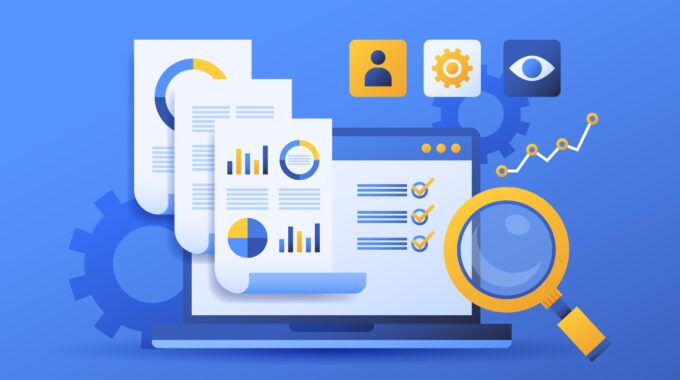This article delves into the pivotal role of Franchise Management Software in streamlining operations and…

Issues with Legacy Software and How to Repair Them
Introduction
Legacy software technologies, applications and systems are developed using older development and coding paradigms. It makes them difficult to maintain and upgrade to newer versions. In addition to the technical problems that can arise, there can be increased costs that come with modernizing such software. Organizations frequently face a variety of issues and risks when upgrading or maintaining existing legacy software. This article focuses on legacy software issues and how organizations may be able to resolve them.
What is Legacy Software?
Legacy software is software that is out of date and/or difficult to maintain. It may be an application, a service, an operating system, a software library, or a set of core applications. Legacy software is often a liability since it has reached the end of its useful life. Upgrades and support are more expensive and difficult to obtain. It can range from a few years behind the trends to a decade or more.
Issues with Legacy Software
Legacy software can often pose a number of issues and risks for organizations. Some of the most common issues include:
- Security vulnerabilities: This is especially true for older software with fewer guards against malicious attacks.
- Unsupported features: Older software was frequently designed with a specific purpose in mind, making it difficult to add new features or update it to meet newer standards.
- Speed : Older software frequently performs poorly, resulting in slow loading times or system downtime.
- Compliance: Outdated software is often behind industry and government standards. It makes it difficult or impossible to comply with regulations.
- Difficulty in obtaining support: It can be difficult to contact or obtain support from the original developer or distributor of legacy software.
- Cost : As software ages it often becomes costlier to maintain or update.
How to Repair Legacy Software Issues
Organizations often face a variety of issues with legacy software, but fortunately there are ways to address them. The following are some of the most common ways to repair these issues:
- Refactoring: Also known as “code refactoring,” refactoring is the process of restructuring existing code so that updates can be more easily implemented. Refactoring requires the original programmer to rewrite the code in accordance with current development best practices.
- Upgrading: Depending on the age and complexity of the software, upgrading may be an option. This involves replacing the original software with something more up-to-date.
- Automation: Automation is the process of using tools or systems to automate the manual labor involved in updating and maintaining legacy software. Automation helps to reduce costs and make the process more efficient.
- Migration : This involves moving the existing application or system to a newer platform, such as cloud computing. Migration can make it easier to update and maintain the software.
- Outsourcing: Organizations may choose to outsource the maintenance and upgrading of their old software to an experienced IT consultant or development firm.
Conclusion
Legacy software can be a source of increased costs and risk for businesses. Organizations can face a variety of issues with legacy software, including security vulnerabilities, unsupported features, slow performance, difficulty in obtaining support, and high costs. Fortunately, there are ways to repair these software issues, such as refactoring, upgrading, automation, migration, and outsourcing. By addressing these issues and implementing the measures discussed above, organizations can reduce their costs and risks associated with outdated software.
About Apoorva:
Apoorva is a technology services company that assists software products with ideation, developing prototypes, programming, creating a digital marketing presence and accelerating sales through direct contact. Over 150 for-profit and non-profit organizations, such as Xcel Energy, PeopleCare Health Services, Frontier Airlines and Centers for Spiritual Living have trusted Apoorva to build software.
Apoorva was founded in 2001, has more than 50 employees, and uses proprietary and proven methodologies to bring technology products to the market. Contact us / Visit apoorva.com for more information.




